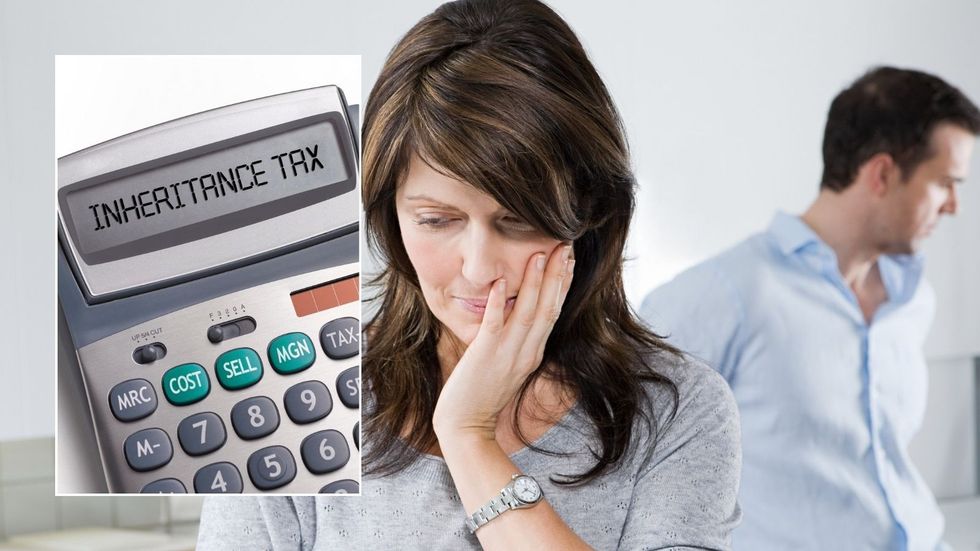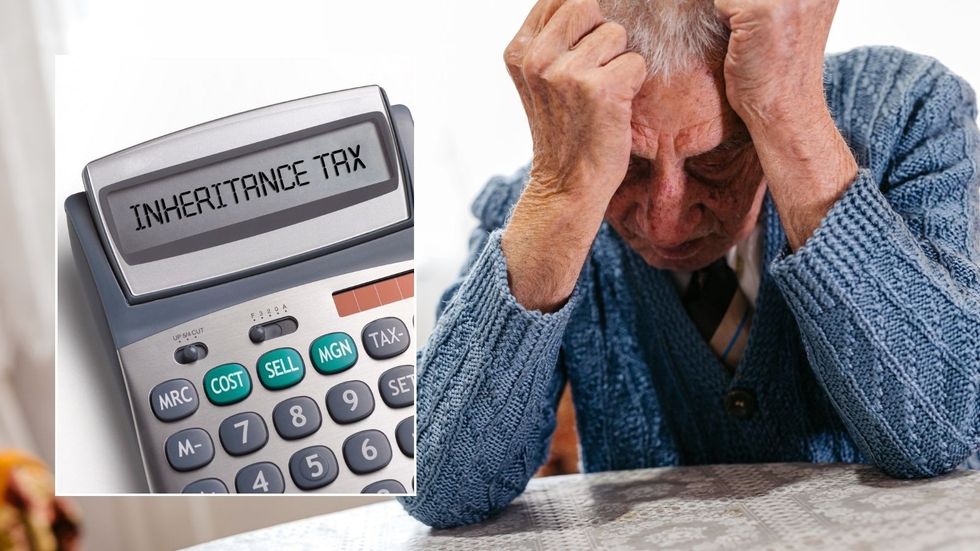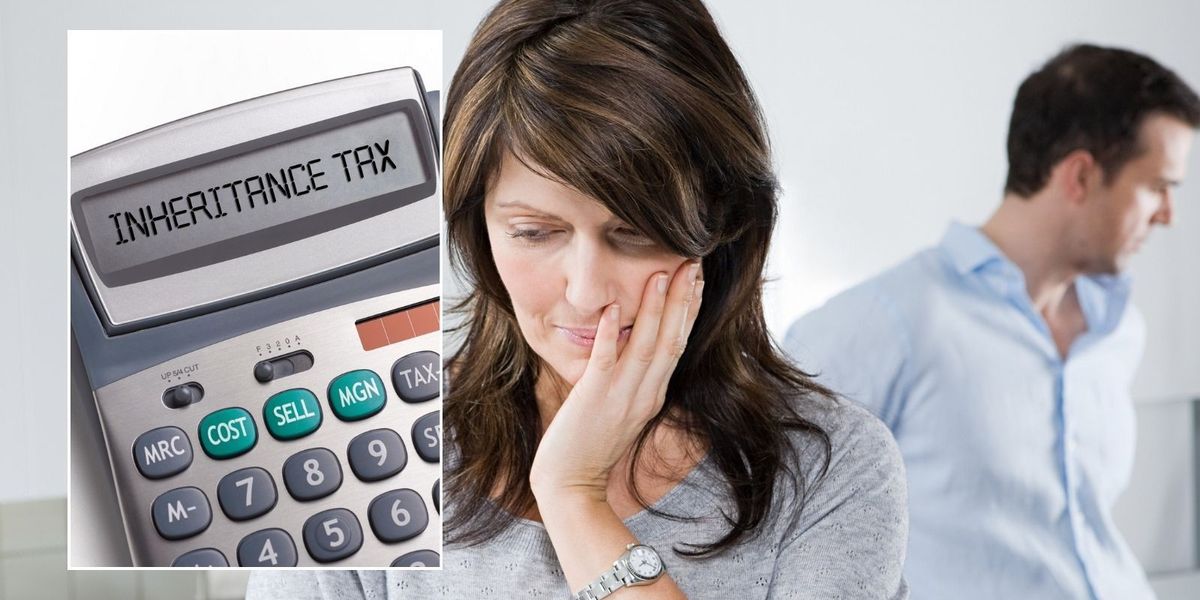Divorced couples could face tax bills of nearly £700,000 on their pension savings from 2027, when inherited pension pots will become subject to inheritance tax (IHT) for the first time.
The change, announced in the recent Autumn Budget by Chancellor Rachel Reeves, means former spouses may need to pay four per cent tax on inherited pension values above the nil rate band of £325,000.
Currently, married and civil partnership couples can typically pass assets to each other tax-free upon death. However, this is being altered as Reeves attempts to plug the £22billion “black hole” in the public finances.
Dean Butler, the managing director for Retail Direct at Standard Life, warns that while the full exemptions for the post-2027 rules are not yet clear, “it seems reasonable to assume pensions inherited by former partners will be subject to IHT”.
This new IHT rule adds another layer of complexity to divorce settlements, particularly affecting those who have already divorced or are considering separation. The financial impact of overlooking pensions during divorce settlements could be substantial, new research reveals.
Do you have a money story you’d like to share? Get in touch by emailing money@gbnews.uk.

Couples could be hit with significant inheritance tax bills in the years to come
PA / GETTY
Calculations by interactive investor demonstrate that a £200,000 pension pot could grow to nearly £665,000 over a 28-year period, assuming an annual growth rate of seven per cent.
Experts warn that divorcing couples often focus on immediate assets like the family home, while failing to properly address pension arrangements. This oversight could leave one partner significantly disadvantaged in their retirement years, particularly when combined with the new inheritance tax implications.
The potential loss of up to £665,000 in pension savings highlights the importance of including retirement funds in divorce settlement discussions, according to analysts.
“With early January typically seeing a sharp rise in divorce enquiries, for some the notorious post-festive period will be particularly stressful,” Buter explained. He emphasises that amid the emotional turmoil, it’s easy to forget about pensions and their long-term impact on financial futures.
 Divorce lawyer fees could be made cheaper if reforms are approvedPexels
Divorce lawyer fees could be made cheaper if reforms are approvedPexelsFor those who separate without formally divorcing, while they won’t be entitled to their partner’s pension during their lifetime, they could still be entitled to it upon death.
Butler stresses that pensions are a valuable asset that must be included when working out how to move forward financially. However, the upcoming inheritance tax changes from April 2027 add complexity to these arrangements, potentially affecting how pension assets are distributed after death.
These considerations make it crucial for divorcing couples to seek proper financial advice when planning their settlements. There are three main ways to handle pension arrangements during divorce proceedings across the UK.
Pension offsetting allows one person to receive a larger share of other assets, such as the family home, while their partner keeps their pension. This approach offers a clean break without requiring a court order, but Standard Life warns it could leave one person with limited retirement income.
Pension sharing involves transferring all or a percentage of one person’s pension to the other, providing a clean break but requiring a court order. The third option, pension attachment orders requires one person to pay a portion of their pension income to the other when it starts being paid.
While pension attachment orders may simplify the immediate divorce process, the original pension holder maintains significant control over when and how the pension is used. Importantly, these payments cease upon the death of the pension holder.
LATEST DEVELOPMENTS:
 Britons are preparing for drastic changes to inheritance tax rules GETTY
Britons are preparing for drastic changes to inheritance tax rules GETTY The rules for handling pensions in divorce vary across different parts of the UK. In England, Wales and Northern Ireland, courts will consider all pensions, including those built up both inside and outside the marriage.
Scotland takes a distinctly different approach to pension calculations during divorce proceedings. Scottish courts only consider the value of pensions gained during the marriage itself.
Any pension value built up before the marriage began or after the date of separation is generally not included in Scottish divorce settlements.























+ There are no comments
Add yours